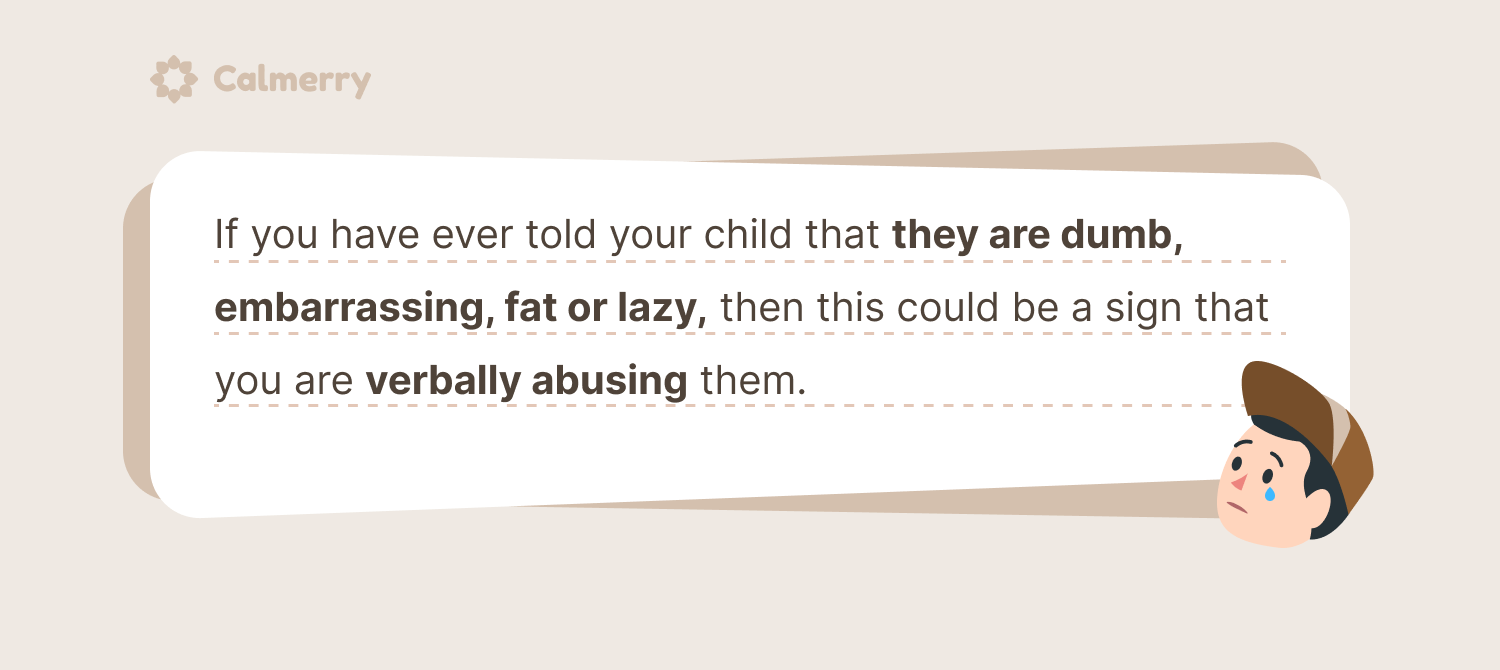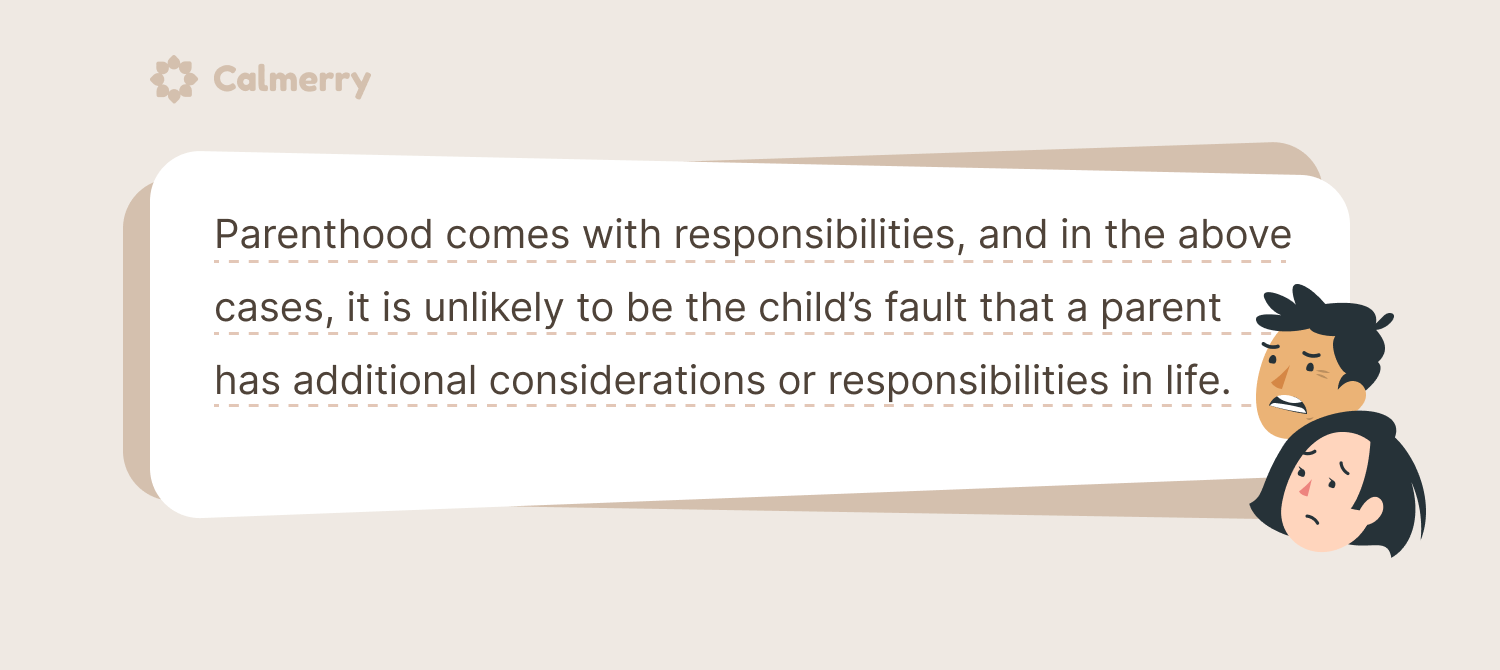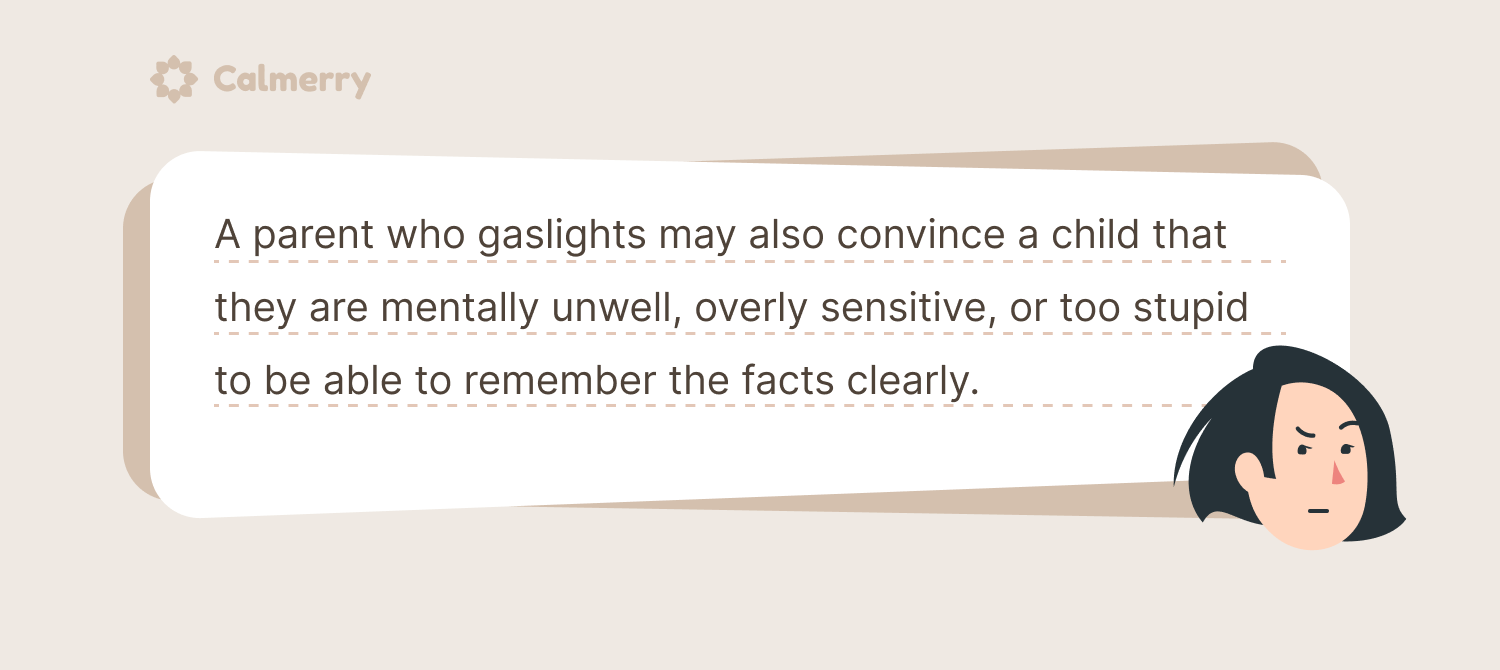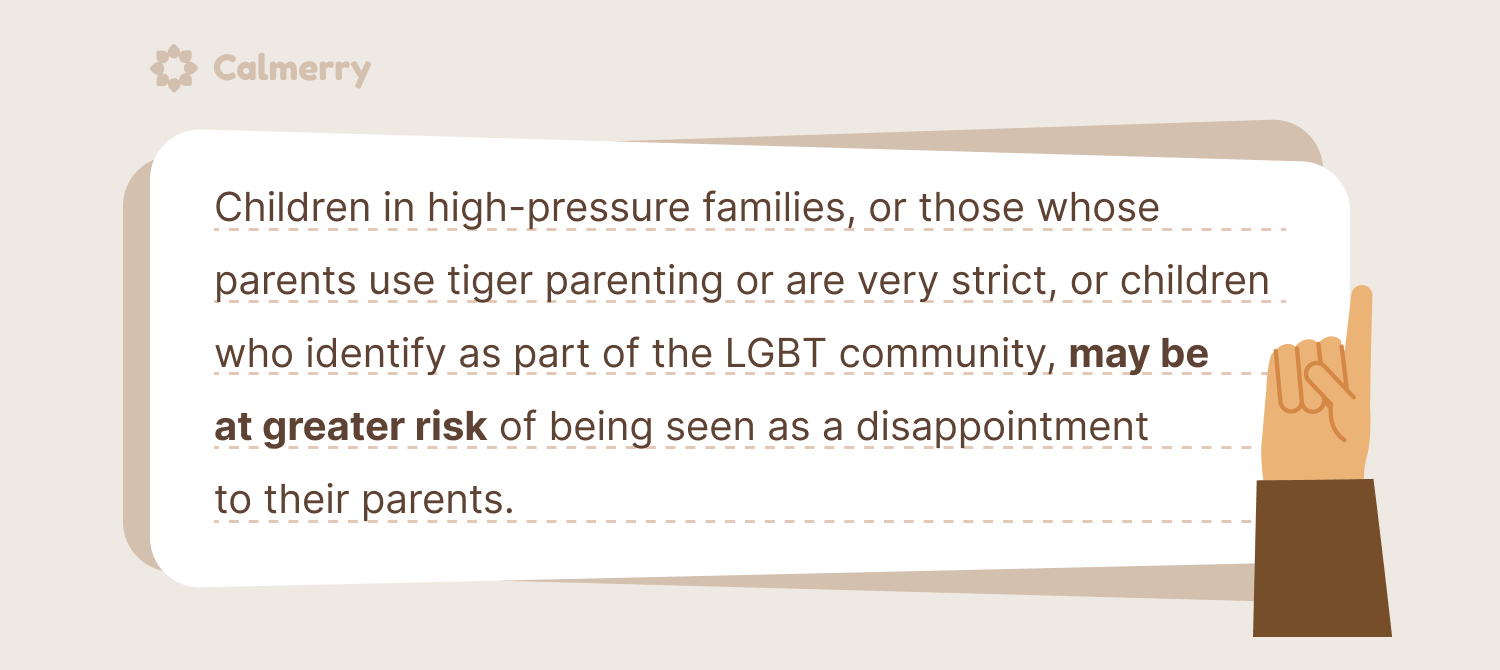7 Things Toxic Parents Do to Their Children

In this article
No one sets out to be a toxic parent, but as learning how to parent occurs ‘on the job’, it can be difficult to know if you are doing the right thing. You may feel unsure how to raise your children in a healthy way, especially if you have lacked exposure to good parenting role models or were raised by toxic parents during your own childhood.
Consulting an online therapist can offer guidance and strategies to navigate these challenges effectively. Recognizing the signs of toxic parenting will help you to avoid these traits so that your children’s self-esteem and self-confidence are not damaged in their early years.
What is toxic parenting?
Toxic relationships can occur between family members, with friends, or among work colleagues. It can often lead to a decline in your mental health or physical well-being.
Toxic parents can cause a lot of damage to their children. This is because parents play such an important role in helping children to grow physically and emotionally, form personal opinions and views of the world, and start to define who they are as a person.
If a child’s parents are emotionally unavailable, manipulative, or abusive, then an individual is less likely to feel adequately supported as they discover who they are, and may be more likely to form a negative opinion of themselves.
Being parented in a toxic manner is also associated with reduced academic performance in teenagers.
The harm caused by toxic behavior
Even if you don’t notice any issues at the time, children who are raised in a toxic manner may notice that they have some difficulties later in life as a result of their early experiences.
The issues relating to toxic stress in childhood might include:
- Behavioral or mental health issues in childhood or adulthood, such as feeling angry, frustrated, or irritable
- Being diagnosed with a mental health disorder such as anxiety or depression
- Poor physical wellbeing
- Problems forming safe, secure, supportive, or loving relationships with others
- Poor academic achievement in childhood or difficulties at work in adulthood.
There are many different traits that can form part of a toxic parenting style. It is important to recognize these so that if you sometimes parent in this way, you can identify it and take steps to stop toxic behaviors.
Signs of toxic parents
A toxic parent can often be identified by looking for certain characteristics of parenting that are extremely unhealthy. If you notice that you parent in any of these ways, you may benefit from seeking support for your own mental health. This is because parents who behave in a toxic manner may be struggling with their own mental health or have anxiety or depression.
When you start to manage your own emotional well-being, you may notice that you find it easier to be the parent you would like to be.
In this next section, we will look at what toxic parents might do to their children.
1. Be verbally abusive
Verbal abuse involves using negative words, gestures, or the written word to belittle, insult, frighten, or scold an individual. This form of abuse can be incredibly scary for a child, leading to damaged self-esteem and a negative view of oneself.
If you have ever told your child that they are dumb, embarrassed, fat, or lazy, then this could be a sign that you are verbally abusing them.

2. Have a lack of understanding
A toxic parent may not try very hard to understand their child’s point of view or behavior. If they see their child performing badly at a soccer match, they may tell the child off, rather than trying to understand what happened on the pitch.
If their child shouts at another child, the parent may launch straight into telling them off without finding out why their child was upset in the first place.
This lack of empathy may leave children feeling that their parent is not on their side, that no-one understands them, or that they have no support when they need it. It may seem that their parent is emotionally unavailable, and a child may experience strong feelings of rejection. Their behavior may then worsen as a result, and the cycle continues.
3. Often blame a child
Blame is a common trait in toxic parents. They might tell their child that they are responsible for stalling their parents’ careers, draining their finances, or making them feel tired. Parenthood comes with responsibilities, and in the above cases, it is unlikely to be the child’s fault that a parent has additional considerations or responsibilities in life.
Although a toxic parent might be good at blaming their child, they are likely to be very poor at taking responsibility for their own actions.

4. Use manipulation
Manipulation is often a form of control. A parent may be able to exploit their power over their child to persuade them to do or believe something. This might involve:
- Withdrawing love or support until a child agrees to go to a college the parent deems suitable.
- Making a child feel so guilty that they do things they don’t want to do. For example, a parent might say, ‘if you truly loved me, you’d take this class’, so that the child feels that they have no option but to do what their parent manipulates them to do.
- Giving the silent treatment and ignoring a child until they do as you request of them.
- Gaslighting them by making them doubt their own memory of an event.
5. Regularly gaslight
Gaslighting is a term that is becoming more frequently used in modern language. It refers to behaving in a way that makes someone else question their own beliefs, memories, judgments or reality.
A toxic parent might say to their child that they didn’t persuade them to take a certain class, causing a child to question what really happened and if their memory of the event is unreliable.
They may also falsely retell an event to place blame onto a child, insist that their child did something wrong despite this being untrue, or lie to others to make them believe that there is something wrong with their child’s memory or behavior.
A parent who gaslights may also convince a child that they are mentally unwell, overly sensitive, or too stupid to be able to remember the facts clearly. Gaslighting can cause mental ill health, as it causes the child (or another individual) to question themselves. Gaslighting is a traumatic event for many, and it can quickly escalate into causing low self-esteem, confusion, anxiety, and depression.

6. Have poor boundaries
Toxic parents may treat their children like a therapist, over-sharing feelings, emotions or information. This may become more apparent as children reach the teenage years, or even adulthood, but some parents will overshare with young children, too.
Children should not be burdened with excessive information from their parents, especially if it has a strong emotional content, is not age appropriate or will have a big impact on how a child might feel.
As a parent, you need to ensure you have an appropriate outlet for your thoughts or feelings, such as your partner, friends or a trained counselor.
7. Make a child feel rejected
In some cases, a child may feel rejected by their parent. Toxic parents tend to expect a lot from their children, and if a child fails to meet these high expectations, the parent may withdraw their love, support or even begin to sever connections with the child. Children may notice that communication becomes limited, or feel that their achievements are not celebrated.
In some cases, rejection may occur as a result of parental disapproval of a child. This may be more common for children who try to break away from what their parents had in mind for them.
Children in high-pressure families, or those whose parents use tiger parenting or are very strict, or children who identify as part of the LGBT community, may be at greater risk of being seen as a disappointment to their parents. This may increase the risk of a child feeling rejected, or that they are not valued, by their parents.

How to manage toxic parenting
If you think you might have a tendency to parent in a toxic manner, the first step is to recognize this and pay close attention to your behavior. Once you are aware that your parenting style could be negatively impacting your children, you will need to address it quickly.
In many cases, you may have adopted toxic traits because of difficulties with your own mental health, or because of the way your parents raised you.
Regardless of the reason, it is vitally important that you seek the help you need to address your own feelings and adjust the way you raise your children. Seeking online therapy, or speaking to a counselor in person, may help you to learn strategies to develop a supportive and healthy relationship with your child.
Final thoughts
Toxic parents can damage the mental health of their children. However, it is not too late to adjust the way you parent to ensure that your children grow up feeling loved and celebrated for being who they are.
If you are worried about your parenting style, take a step back and ask for help from a professional to address any factors in your past, and to learn how to parent your children in a supportive manner. Calmerry offer accessible and professional counseling services, which can provide valuable insights and support to enhance your parenting skills.
online therapy
live video session



